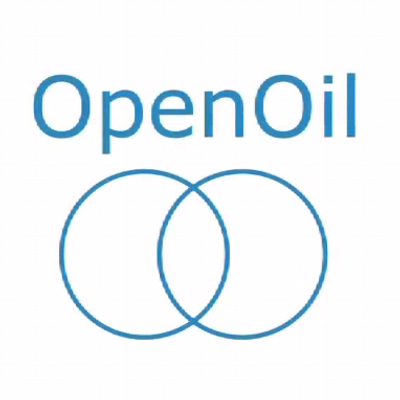OpenOil, the Germany-based consultancy which generated the analysis that suggested that the 2016 deal with ExxonMobil could deprive Guyana of US$55b, yesterday defended its work.
In a statement, it said that ExxonMobil’s discovery of substantial oil deposits at the Liza-1 and Liza-2 wells by the end of June 2016 substantially de-risked all further development in the concession and with Guyana having effectively shared risk by making concessions prior to then, this justified an increased take for the country.
“The discovery of both Liza 1 and Liza 2 by the end of June 2016 clearly confirmed the Stabroek concession not just as a single fertile discovery but as a broader area development,” the organisation said in a statement yesterday, suggesting that the concession could no longer be considered a frontier province at the time. It added that modelling of the economics of exploration in the field shows that “these two discoveries alone substantially de-risked all further development in the concession.” This finding is supported by the actual reported exploration expenditure by Exxon and its partners since 2016, and by energy intelligence firm Rystad Energy’s estimates of continued exploration into the mid-2020s, OpenOil pointed out.

